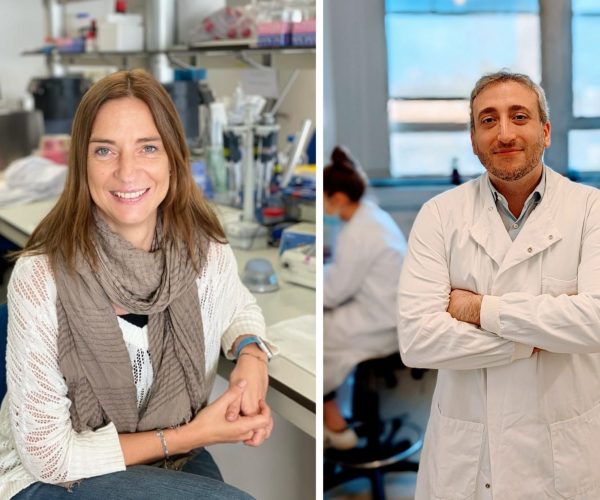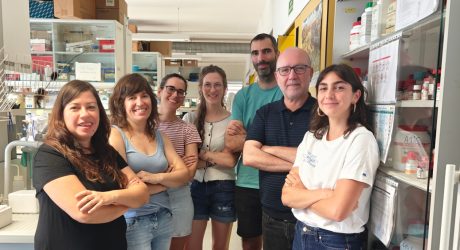A joint research between the IISPV and the University of Cambridge seeks to understand how brain inflammation affects the development and progression of diabetes associated with obesity
Thanks to the combined efforts of the Pere Virgili Health Research Institute (IISPV) and the University of Cambridge, it will be possible to tackle metabolic and inflammatory diseases (such as obesity and diabetes) from a global perspective. Researchers from both institutions will work together to study the inflammation in the central nervous system that these diseases cause and how this leads to an alteration of the intake patterns (the desire to eat or the fact of feeling satiated, for example) and the development of insulin resistance, among other aspects.
Combining efforts in this field of research is key, given that the number of people with diabetes and obesity is growing significantly year after year. The World Health Organization recalls that, in the last 5 decades, the percentage of the world’s population with obesity has tripled. Moreover, in Spain, 25% of the population either has diabetes or is in a previous or initial state of the disease, according to the Di@bet.es study, led by CIBERDEM and financed by the Instituto de Salud Carlos III.
The Diabetes and Associated Metabolic Diseases (DIAMET) research group of the IISPV has made remarkable findings in recent years, published in prestigious scientific journals, regarding the role of succinate (a metabolite whose blood levels appear elevated in patients with obesity and diabetes) in the inflammation of peripheral organs such as adipose tissue or the liver. The University of Cambridge stands out for its research work in the field of neuroinflammation, that is, the inflammatory processes produced in the central nervous system and in the context of diseases such as multiple sclerosis.
Bring together expertise and research
Doctor Sonia Fernández-Veledo is the principal researcher of this project, entitled NEUROinflammatory role of the succinate/SUCNR1 axis in obesity-related DIAbetes (NEURO_DIA), and funded by the European Foundation for the Study of Diabetes through the Novo Nordisk A/S Program for Diabetes Research in Europe. She is a consolidated researcher (R4) at the IISPV, where she leads the Diabetes and Metabolic Associated Diseases Research Group (DIAMET). She has been acknowledged as coIP of the group in CIBERDEM. Her research combines basic and clinical studies to shed light on the molecular mechanisms underlying comorbidities related to obesity, which may contribute to find new approaches and aims for the treatment of these metabolic diseases. In this project, Sonia Fernández-Veledo will work in collaboration with the researcher from the University of Cambridge, Luca Peruzzotti-Jametti, whose investigative line focuses on studying the mechanisms that trigger chronic damage in the nervous central system in a context of neuroinflammation. His most recent work is setting the stage for a new series of interventions that target cell metabolism in immune cells, as the next opportunity to promote the healing of the persistently inflamed central nervous system.




